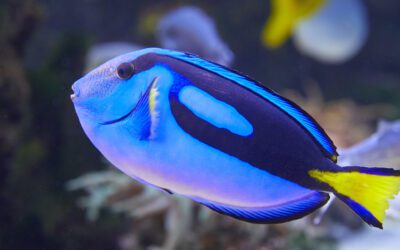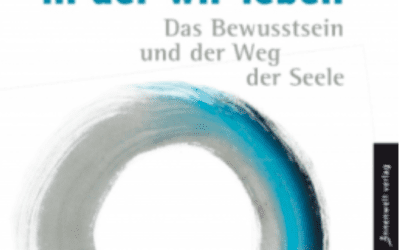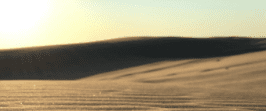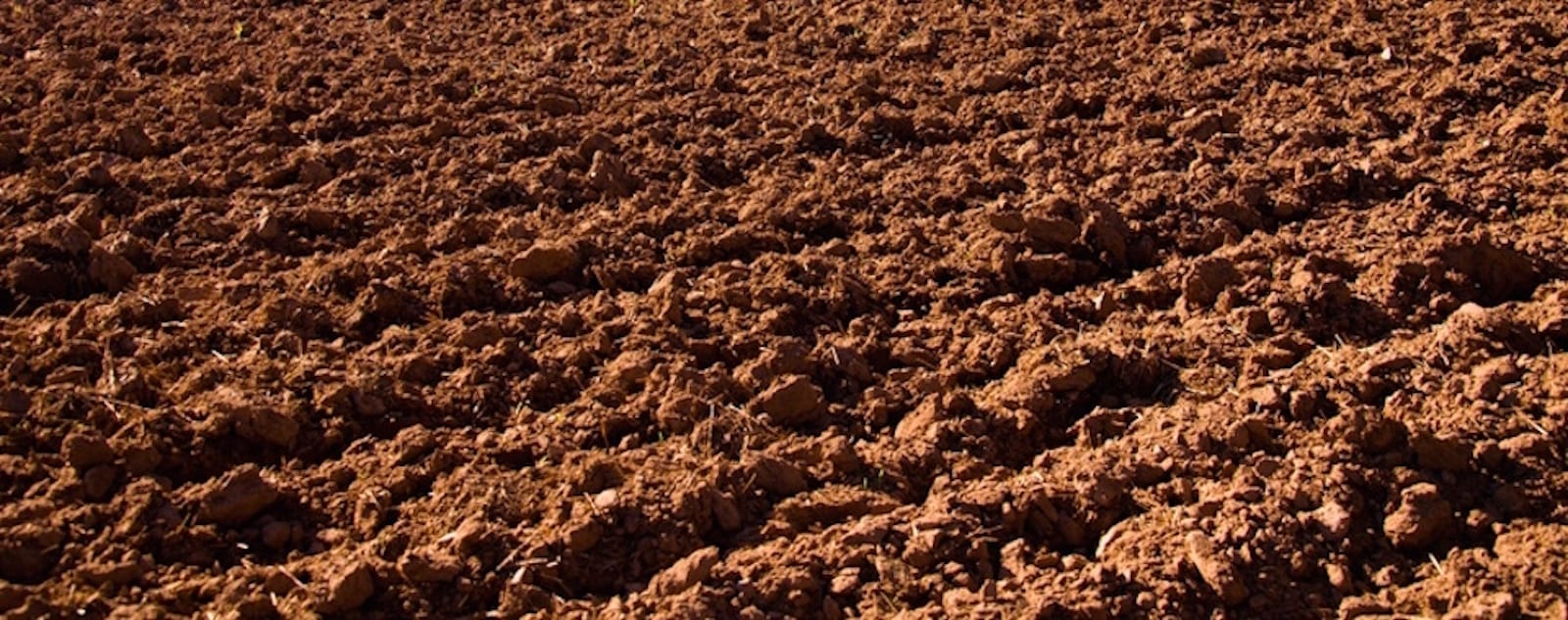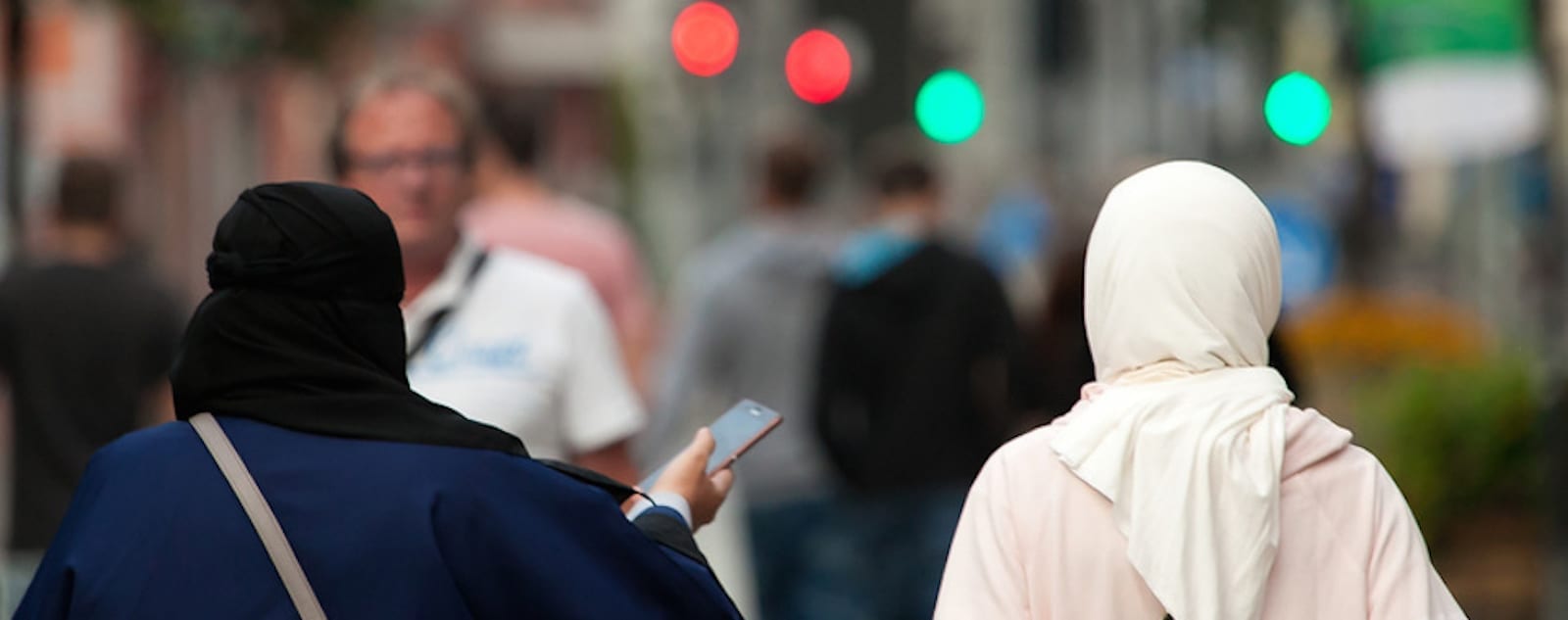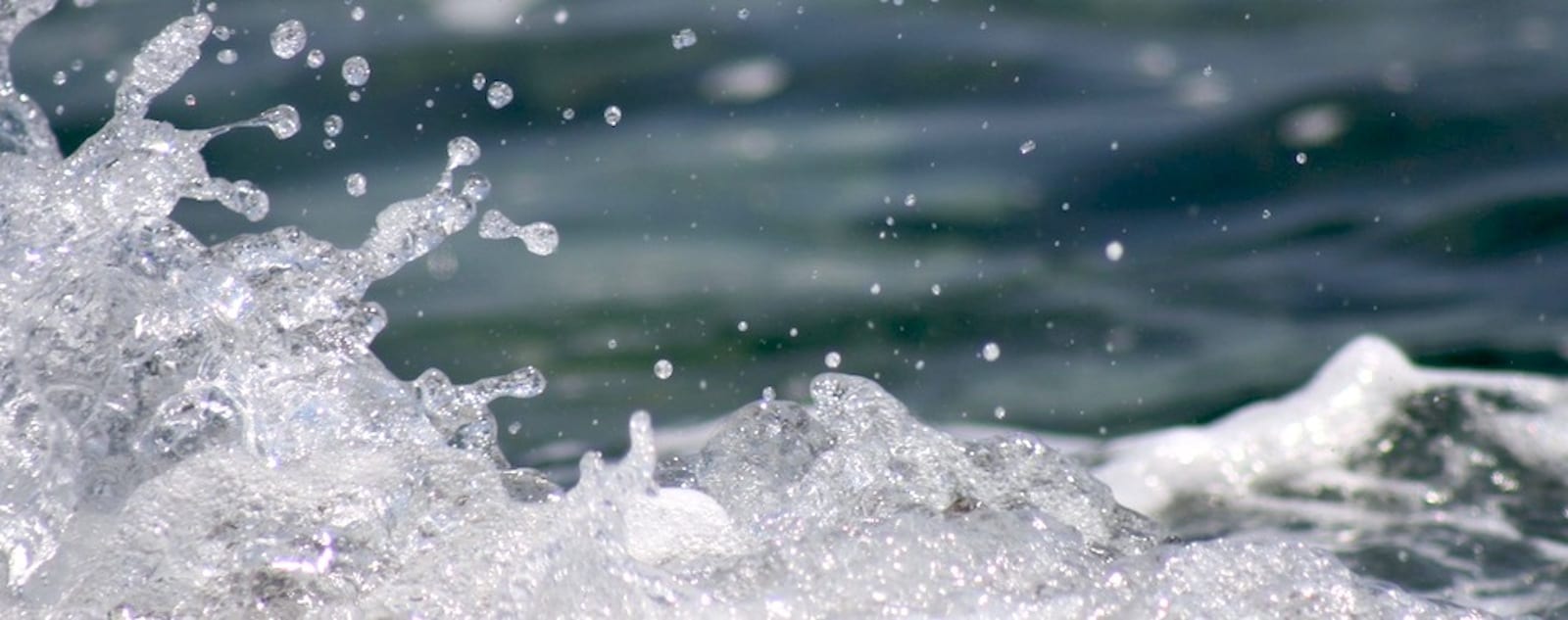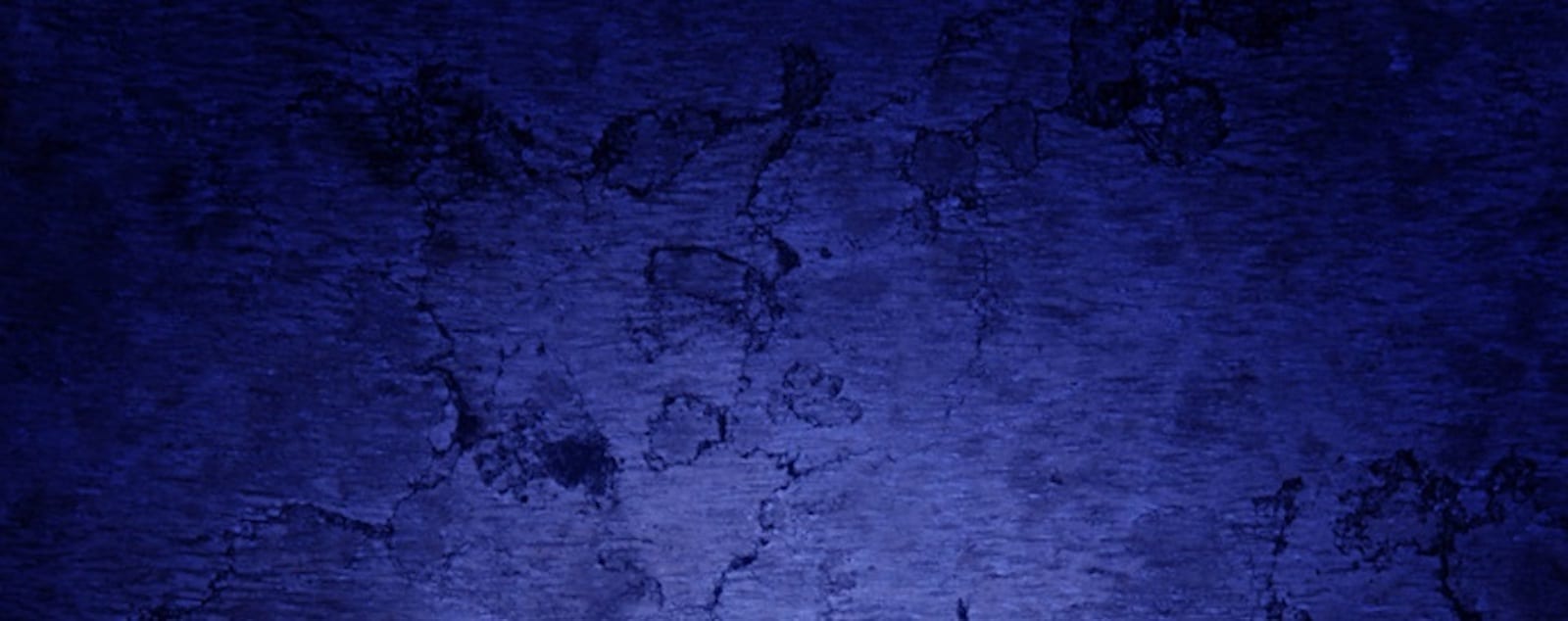Symbiosis: What we unconsciously live with. Lecture by Thomas Geßner, May 2022 in Nettersheim, Spring Academy Nelles Institute Shortly after the Peaceful Revolution and the fall of the Berlin Wall, as a student, I led a university council in the auditorium maximum of...
Blog
About the Zeitgeist
About the Zeitgeist
Sometimes I feel like that blue fish in the South Seas that you’ve probably heard of. One morning, his neighbour asked him how he found the water that day. The blue fish replied, startled: ‘What water?’ This illustrates the premise of my experiment on the zeitgeist and its role in the interplay between the collective and the individual. We will have to leave the water for a few moments in order to perceive a little of the zeitgeist that surrounds us.
Review of: Wilfried Nelles: The World We Live In.
Wilfried Nelles: The World We Live In. Consciousness and the Path of the Soul. Innenweltverlag, Edition Neue Psychologie. Cologne 2020. Review by Thomas Geßner First of all: Dr Wilfried Nelles from Marmagen (Eifel) was already an internationally renowned systemic...
‘The end of diversity. Corona as a psychological and political crisis.’ An essay by Malte Nelles
The coronavirus is bringing to light what has been hidden beneath the surface. Just as inner and interpersonal conflicts are becoming apparent in many people’s personal lives, the psychology of our public and political life is also being affected by the pandemic. The reign of fear, the fragmentation of the reality in which we live, the fall into outdated absolute categories of right and wrong, good and evil, the separation between what we pretend to be and what we actually do, are some of the neurotic symptoms with which the virus has infected not people’s bodies but the public mind. A psychological analysis of what is happening may perhaps bring to the surface some of what is going on in Germany in the debate about the coronavirus.
Pandemic and truth
Every major crisis brings to light what has been waiting to reveal itself for a long time. We seem to unconsciously fall back on what saved us in the past, both individually and collectively. However, almost none of this helps anymore, because today is not the past. What role does truth play in this, and what truth helps us?
Coronavirus and death
Contribution by Dr Wilfried Nelles. Does coronavirus bring death? Yes, it brings death – into our consciousness. The shock of being so drastically confronted with our own mortality has led to a virtual paralysis of life in order to avoid dying. In this way, the almost global lockdown has inadvertently highlighted something very fundamental: those who cannot or will not die cannot live! The price of the unconditional avoidance of death is the loss of life, of vitality. The coronavirus shows us this. Can we see it?
About seeing
To see is to surrender. To see is to recognise love in all that is, even in its blind form. Blind love does not see what is now. It remains bound to what was before. It does not know that the threats of the past have passed. How does it learn to see?
Spirituality and modern consciousness
Adult spirituality surrenders directly to life as it unfolds, with all that it demands and gives. Adult spirituality lives in surrender. This is alien to modern consciousness. It lives in juvenile concepts, including those of ‘spirituality’.
Peace on earth
Everything is true. Everything counts.
Refugees and natives. The human and the foreign. A psychological reflection.
1. Refugees are human beings. You can see that: they walk upright on two legs, they feel, they think and they speak.
2. Refugees are foreigners. They feel, think and speak differently to us. You can usually see that too.
Let’s see what this little distinction between ‘human beings, i.e. creatures like us’ and ‘foreigners, i.e. different from us’ can reveal, clarify and make understandable.
Christmas and coincidence
Imagine being able to choose who you want to sit with under the Christmas tree, raiding the gift table and falling into a roast goose coma at the dinner table. That is, if you don’t pass out before dessert because you got a bit confused about who to invite to your dinner party.
On non-doing and doing
When I am non-doing, I go with the natural flow of things. I say ‘yes’ to life as it is. Doing, on the other hand, resists life. Doing tries to control the flow of life, to ‘shape’ it, to redirect it or even to stop it. A reflection.
look at what is
This describes the core of my work: unintentional observation. Or: how to allow yourself to experience what is happening, what is real. I allow my perceptions to be true. Exactly as they appear. The effects are amazing.
To throw the spear
Courage arises when desire becomes greater than fear. The desire for life lives in each of us, otherwise we would not have been born. The same goes for fear of the world, of others and of ourselves, otherwise you would not be reading this and I would not have written it.

